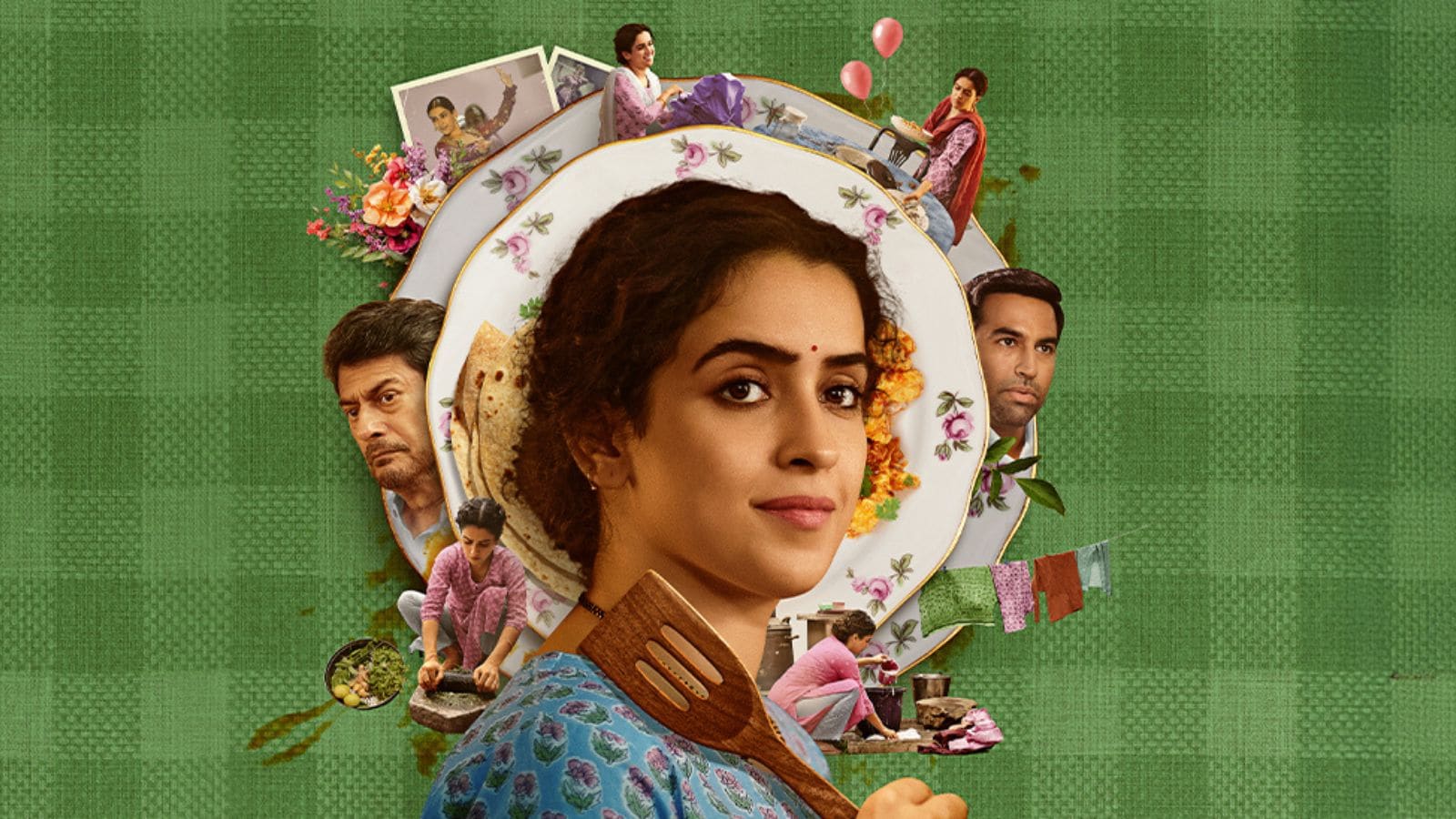“What’s the problem in cooking for a few people? It just takes two hours. I enjoy cooking.”
Story continues below this ad
I’ve seen many men post something along these lines on social media ever since the movie Mrs, the Hindi remake of the Malayalam film The Great Indian Kitchen, released on February 7. The fact that this was their only takeaway made me boiling mad, although it didn’t surprise me.
My mom was a working woman who managed the household as well. At 40, my dad quit his job and told us he would handle the house while mom worked. He figured he could write his book in the oodles of free time he would have left with.
The first week went well. He shifted the cupboards to clean underneath them and got two chapters of the book done. Then came the week of baingan-aloo. He sat down one night and made enough for the whole week. I have not eaten this preparation since then. Dad was soon miserable, as the reality of what staying at home meant began to sink in — it was about more than just housework. He had lost the balance of power.
Story continues below this ad
Power is always in the hands of the breadwinner. In the movie, Mrs, the protagonist Richa’s husband doesn’t stop reminding her that he’s a doctor working 12 hours a day to earn real money. She is stopped from taking a job and is relegated to the kitchen under the tyranny of a father-in-law who seems to hold a personal grudge against every appliance invented. Chutneys have to be made with the silbatta, clothes are best washed by hand. The men in this movie don’t cook, but explain how to cook in great detail. Making shikanji is an art form. Biryani is cooked in layers. The women cook but aren’t allowed any sense of accomplishment in their creation.
Richa tries to bring joy to her life of drudgery by dancing to music while she cooks. She plates fruit salads as pretty palm trees. She learns recipes from YouTube. But all of this is ruthlessly crushed with an age-old agenda to subjugate her.
It is necessary to crush someone’s spirit to get them to stay in prison without bars. To devalue them to the point where they give up their hopes and dreams and play support staff to everyone else. Richa’s father-in-law casually boasts that his wife, who slaves day and night in the house, is a PhD in economics who made “family her priority”.
Domestication is something humans have excelled at through the ages — whether it’s animals or fellow humans. And it begins with dehumanisation. In the beginning, Richa wants the whole family to eat together. She even inserts herself into discussions the men are having, to their visible surprise. But as the writer Terry Pratchett said, “Evil begins when you begin to treat people as things”. And Richa is soon made to realise that from the kitchen to the bedroom, she is merely a thing to be used.
most read
The men in this family don’t see themselves as bad people. In the scenes where her husband angrily shouts at her, the viewer might wait for the inevitable slap, but it never comes. It’s a brilliant move. People always ask “Did he hit you?”. No, but he destroyed her self-worth. Why isn’t that enough of a crime?
There is an interesting contrast with Tunnu Bhaiya, a visiting cousin who is as steeped in patriarchy as the rest of the family. But his wife works, so she is allowed her say. Any paid job, however bad, brings a sense of worth, even if it is just in terms of money. Housework brings no rewards unless you count that social media post your sons will put up on Mother’s Day about how your love, expressed through piping hot rotis, made them what they are today.
For too long we have normalised telling women not to prioritise themselves. “Don’t reach for the last slice of cake” was a 30-minute lecture on ladylike behaviour in my school. I love the pay-off in Mrs, when Richa takes back her power. But as much as this movie may have resonated with women, I believe it has been made for men to see, and to perhaps ask if they haven’t mistaken the crushing of a woman’s dreams and worth, as her love.
The writer is a comedian


